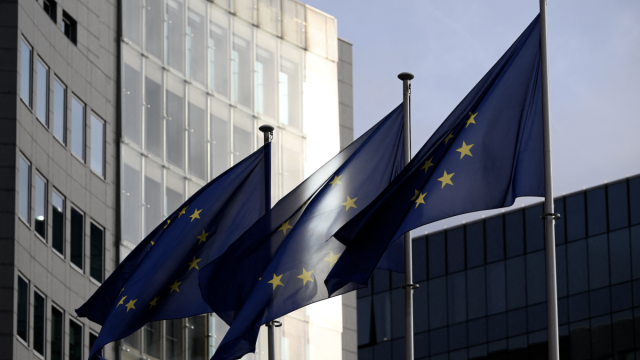A co-author of the bill, which is pending a hearing date, told The Moscow Times on Tuesday that it is aimed at preventing commercial organizations from competing for youth money.
But the reform may also have a veiled political component to it, given how closely the federal youth watchdog is affiliated with pro-Kremlin movements, most notably Nashi, which is active in cracking down on critics of the government.
To become eligible for state subsidies, youth organizations would need to "implement basic guidelines of youth policy and childhood protection defined every year" by the Federal Youth Agency, said the draft bill, posted this week on the Duma's web site.
Only those who comply with the set of rules, which the agency would be able to change at will, though taking into account basic guidelines from the Kremlin and the government, would be allowed to participate in contests for the subsidies. Organizations would also need to register with the Federal Youth Agency.
Under the current system, federal-level youth groups vying for state money only need to be at least one year old and have a minimum of 3,000 members. Registration with the agency is possible, but not mandatory. The new rules would abolish the track record requirement and slash the minimum membership to 500 for federal and 200 for interregional groups.
Pavel Tarakanov, a Duma lawmaker with the Liberal Democratic Party who co-penned the bill with United Russia members, said that though the new requirements are more complex than the old rules, they would nevertheless increase the chances of youth groups receiving the money.
Previously, contests for youth subsidies were held in line with the law on state tenders, which allowed commercial organizations to bid, he said by telephone.
The tenders require bidders to place advance payments, which "places any commercial organization in an advantageous position," Tarakanov said.
As a result, only 4.5 percent of the money allocated to the Federal Youth Agency for "holding events for children and teenagers" was won by youth organizations, while the rest went to various firms and groups having nothing to do with youth policies, he said.
The bill outlines the general types of youth policy tasks that would be subsidized, such as promoting creativity and a healthy lifestyle, but its authors have not specified so far which requirements the Federal Youth Agency has in mind for organizations.
The federal watchdog is currently headed by Vasily Yakemenko, founder of two pro-Kremlin youth movements, the Young Guard and Nashi, both of which received lavish state subsidies for their projects, including the annual outdoor camp at Lake Seliger in the Tver region, attended by 20,000 people this summer.
Most opposition groups and parties have their own youth movements, but none are known to have received state funding comparable to Nashi's.
A Message from The Moscow Times:
Dear readers,
We are facing unprecedented challenges. Russia's Prosecutor General's Office has designated The Moscow Times as an "undesirable" organization, criminalizing our work and putting our staff at risk of prosecution. This follows our earlier unjust labeling as a "foreign agent."
These actions are direct attempts to silence independent journalism in Russia. The authorities claim our work "discredits the decisions of the Russian leadership." We see things differently: we strive to provide accurate, unbiased reporting on Russia.
We, the journalists of The Moscow Times, refuse to be silenced. But to continue our work, we need your help.
Your support, no matter how small, makes a world of difference. If you can, please support us monthly starting from just $2. It's quick to set up, and every contribution makes a significant impact.
By supporting The Moscow Times, you're defending open, independent journalism in the face of repression. Thank you for standing with us.
Remind me later.





